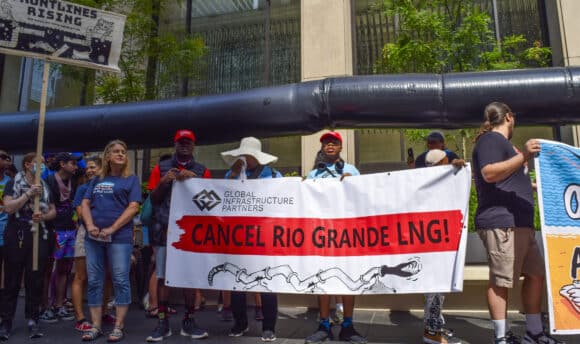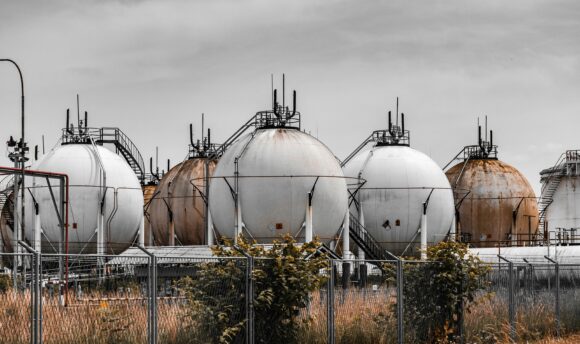The 2020 Scorecard finds that Insurers’ continued retreat from coal is making it harder and more expensive to secure insurance for coal projects. Although momentum is growing, it falls short of what is needed to drive action to meet international climate targets. Major companies in the U.S., the Lloyd’s market and East Asia are still insuring coal, and the global insurance industry has so far failed to take comprehensive action on oil and gas.
Most European and Australian insurers no longer provide cover for new coal projects, while others are becoming more cautious and restricting capacity. Coal companies are facing rate increases of up to 40%, according to broker Willis Towers Watson . Controversial projects – like the Adani Group’s planned Carmichael coal mine in Australia – are finding it hard to obtain insurance cover at all.
The insurance industry has a unique power to drive the transition to a low-carbon economy by only insuring projects that are consistent with limiting global warming to 1.5°C. The fourth annual scorecard reports on on insurers’ climate policies and is published by 20 organisations from nine countries.
For the first time, this year’s scorecard evaluates insurers’ commitments on oil and gas as well as coal. Just nine insurers have limited or ended cover for tar sands oil – up from four last year – and Australia’s Suncorp is the first and only company to announce a phase-out of all oil and gas coverage.
The shrinking coal market demonstrates the impact insurers can have on fossil fuel development, and the highly concentrated oil and gas insurance sector is vulnerable.
This year’s scorecard reveals that momentum is growing globally but with big regional differences.
U.S. insurers continue to lag behind their global peers. Liberty Mutual and The Hartford restricted coal insurance in the last year, following Chubb and AXIS Capital, but their policies are weaker than those of leading European insurers. AIG, Berkshire Hathaway and Travelers have not taken any action on fossil fuels at all. All 10 U.S. insurers in the scorecard continue to support organisations lobbying against climate action.
The East Asian market is slowly starting to move. Last month, Samsung Fire & Marine announced it will stop insuring coal though details have yet to follow. Japan’s three major insurers – Tokio Marine, Sompo and MS&AD – and China’s Ping An have announced basic restrictions on underwriting, but they continue to be major insurers of coal.
In Europe, Lloyd’s of London is the last major insurer to continue underwriting coal. It has divested coal from its own central fund but given no direction to the 90-plus syndicates that make up 97% of its market, and it remains a major source of coal insurance.



